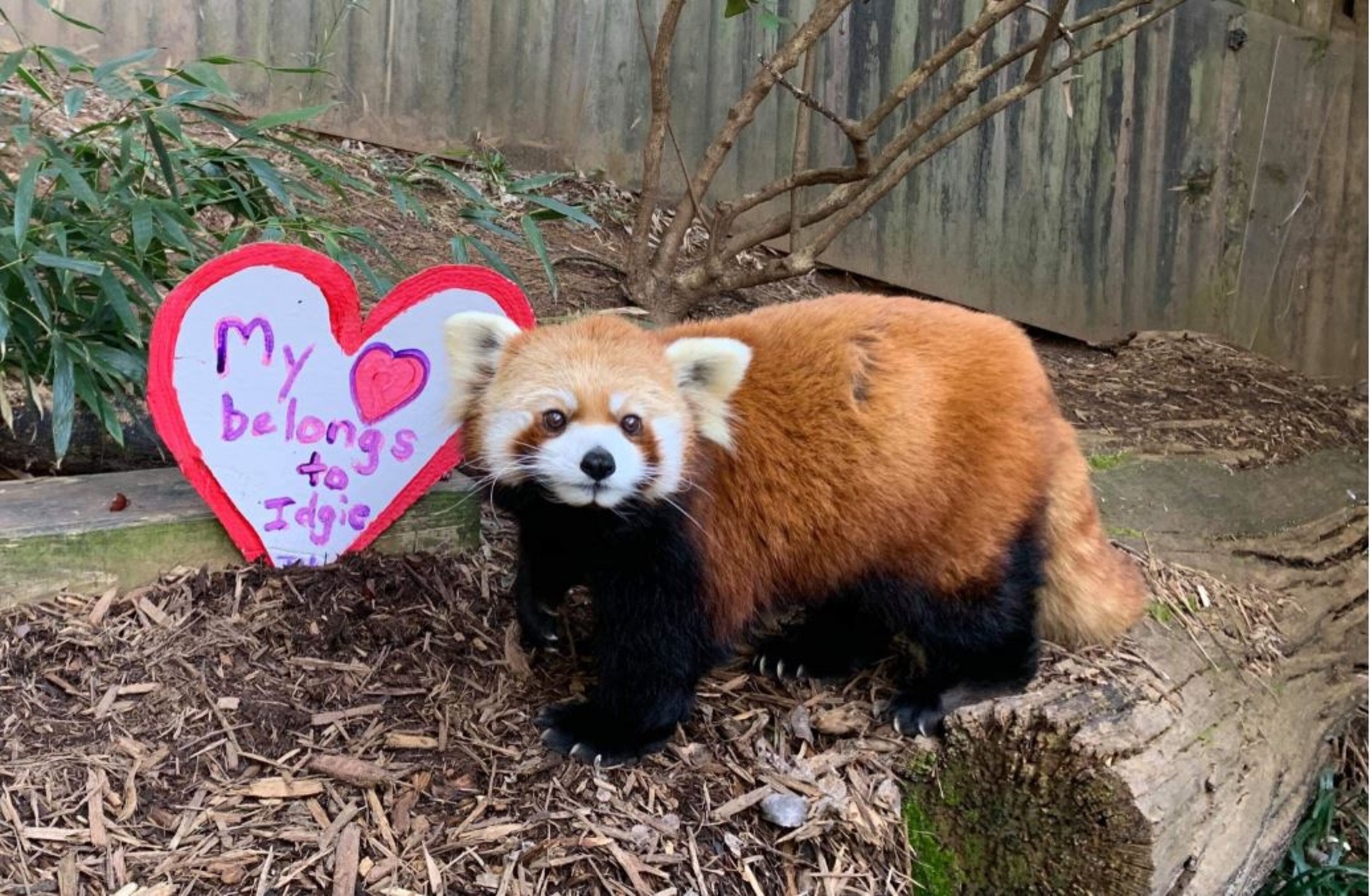Goodbye to Zoo Atlanta’s red panda Idgie

On Friday the staff at Zoo Atlanta said goodbye to Idgie, the red panda.
At age 14 Idgie was a geriatric animal, according to a statement from the zoo, and had been experiencing health problems.
“Due to her continued decline in health and poor response to treatments, the team made the difficult decision to euthanize her in the evening of April 2,” said the zoo, in a statement.
Idgie came to Zoo Atlanta in 2013. Previous to that she had been a resident at the Cincinnati Zoo.
Although red pandas share a habitat with giant pandas and eat bamboo, they are not directly related to their similarly-named supersized cousins, and in fact have their own distinct taxonomic family, the Ailuridae.

Both kinds of pandas live in the high-altitude rain forest of Nepal, Myanmar and China, and both are endangered as a result of habitat destruction.
Idgie was about the size of a housecat, with a furry, raccoon-like tail.
She was described as “saucy,” and had the smile of a Pokemon character.
Red pandas live most of their lives in trees. In her later years, as her ability to climb trees diminished, Idgie was accommodated by the Zoo Atlanta crew who re-structured her enclosure to make it easier for her to get around.
Was Idgie named after the spunky smoking, drinking, gambling “tomboy” in “Fried Green Tomatoes,” played by Mary Stuart Masterson?
Zoo Atlanta’s Rachel Davis couldn’t answer that question, since Idgie arrived from Cincinnati with her name already established.

According to the zoo, a necropsy, or the non-human equivalent of an autopsy, will be performed through the Zoo’s partnership with the University of Georgia Zoo and Exotic Animal Pathology Service in the College of Veterinary Medicine. Results should be available in several weeks.


